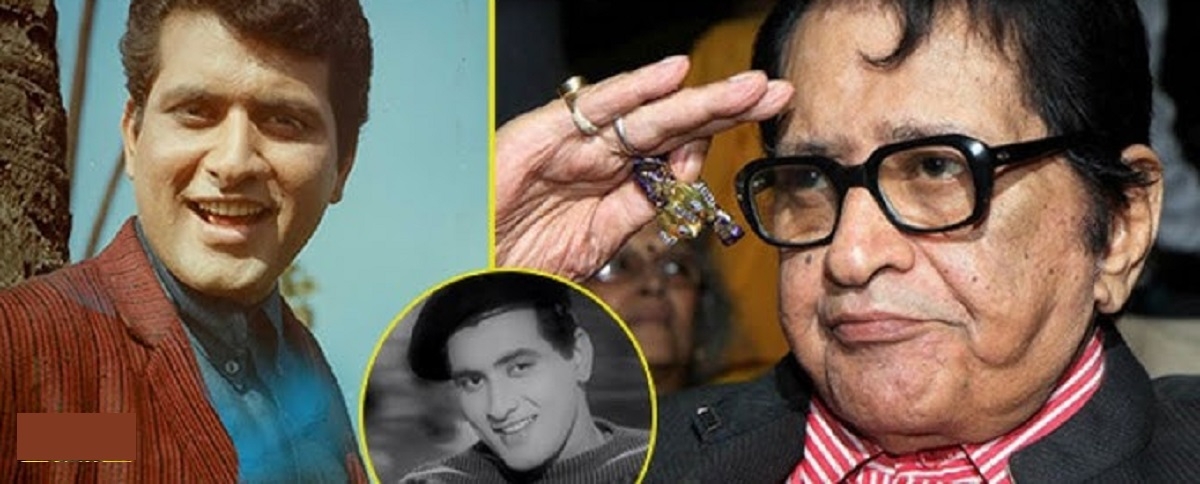Manoj Kumar, Hindi cinema’s Bharat, no more
| Date :05-Apr-2025 |

MUMBAI :
ACTOR-FILMMAKER Manoj Kumar, who personified the angst and aspirations of an evolving ‘Bharat’ in films such as “Upkar”, “Purab Aur Paschim” and “Roti, Kapda Aur Makaan”, died in a Mumbai hospital early on Friday. He was 87.
The actor, who came to be known as ‘Bharat Kumar’ for his roles in a series of patriotic films, had been ailing for a while and died of age related issues at the Kokilaben Ambani Hospital around 3.30 am.
“He is out of his misery now,” the filmmaker’s son Kunal told PTI, adding that his father had been battling multiple health issues and was bedridden for the last few years.
Kumar, who had retreated into a quieter life behind the arclights for the last many years, was in and out of hospital. He was most recently admitted for pneumonia, his son said.
The last rites of the actor, whose films ruled the box office in the late 1960s and 1970s, will take place on Saturday at Mumbai’s Pawan Hans crematorium.
He is survived by his two sons and wife Shashi.
Tributes for the star, who also made a mark as a romantic actor in a range of films, including “Himalaya Ki God Mein” and “Patthar Ke Sanam”, poured in from all quarters. “The iconic characters of national heroes, farmers and soldiers he brought to life will remain etched in our collective memory. His cinema will instil national pride and inspire generations to come,” President Droupadi Murmu posted on X.
Prime Minister Narendra Modi said he was deeply saddened by the passing of the legendary actor and filmmaker.
“He was an icon of Indian cinema, who was particularly remembered for his patriotic zeal, which was also reflected in his films. Manoj Ji’s works ignited a spirit of national pride and will continue to inspire generations. My thoughts are with his family and admirers in this hour of grief. Om Shanti,” the prime minister wrote on X.
Leader of Opposition in Lok Sabha, Rahul Gandhi, said Kumar’s films were a medium of entertainment as well as carried patriotic and social messages, due to which he has left an indelible mark on the cinema world.
Born Harikrishan Goswami into a Punjabi Hindu family in Abbottabad town (Pakistan) in undivided India, Kumar’s family migrated to Delhi in 1947, the year of India’s Independence. He completed his graduation from Delhi University’s Hindu College before shifting to Mumbai to pursue a career in movies.
In an old interview for “Guftagoo” on Sansad TV, Kumar recalled that he left for Mumbai in 1956 to pursue a career and told his aunt he would one day have a “white bungalow, white car and white clothes” and quietly play the sitar after achieving everything.
Harikrishan chose to become Manoj Kumar as a hat tip to his idol Dilip Kumar.
“I remember the time when I went to watch Dilip Kumar sahib in ‘Shabnam’ which was released in 1949. It is because of him that I became a fan of cinema. I fell in love with his character in the film whose name was Manoj. I must be 11 years old then but I instantly decided that if and whenever I become an actor I will keep my name as Manoj Kumar,” he told PTI in an interview in 2021.
Years later, Dilip Kumar agreed to play a role in his film “Kranti” and the filmmaker said he was overjoyed. They also worked together in “Aadmi”.
Kumar’s first major success was Vijay Bhatt’s “Hariyali Aur Rasta” in 1962 opposite Mala Sinha and then the thriller “Woh Kaun Thi?”, which came to be known for its hit songs such as “Lag Jaa Gale” that has been remixed and used many a time, most recently in Salman Khan starrer “Sikandar”.
